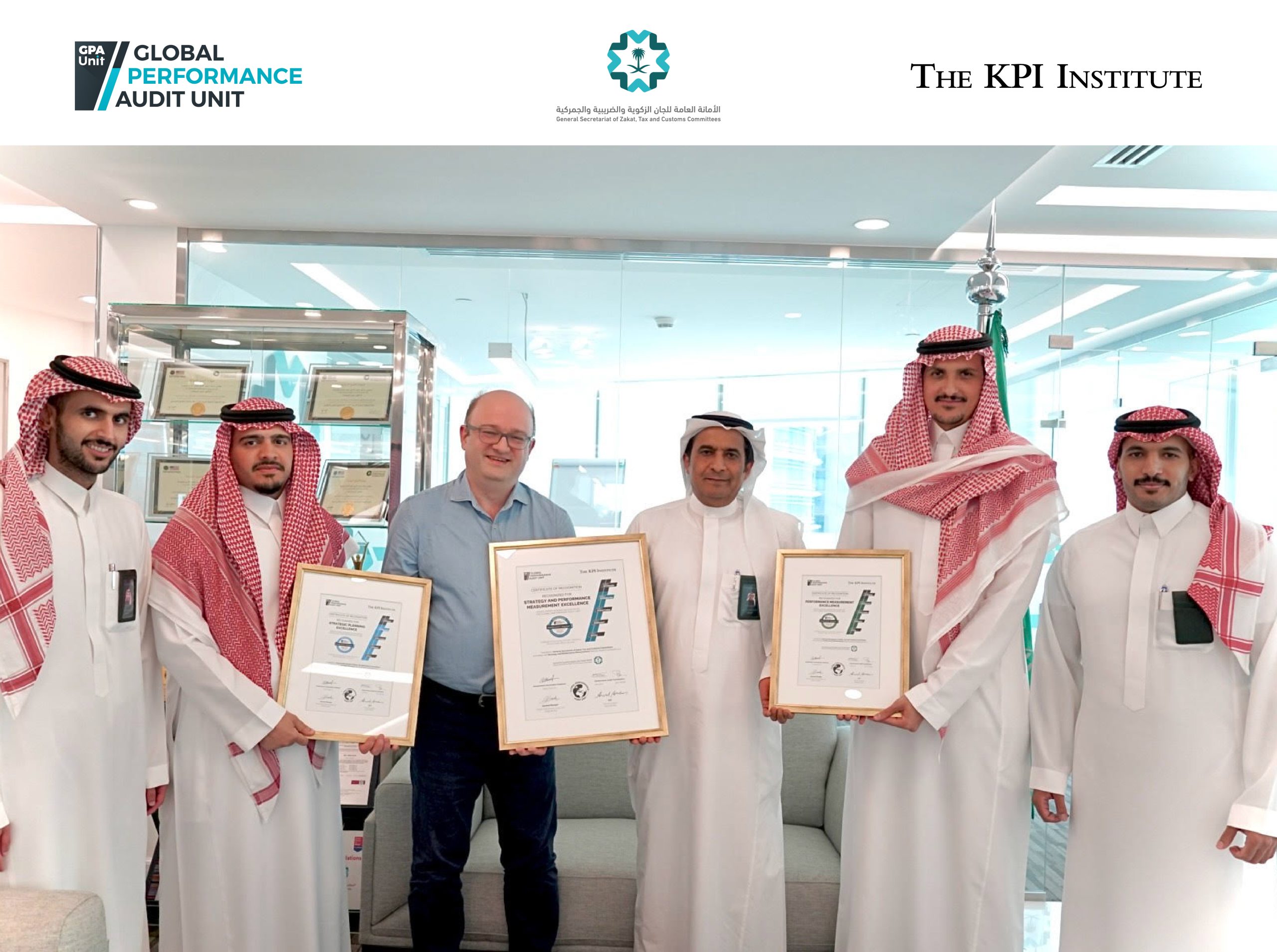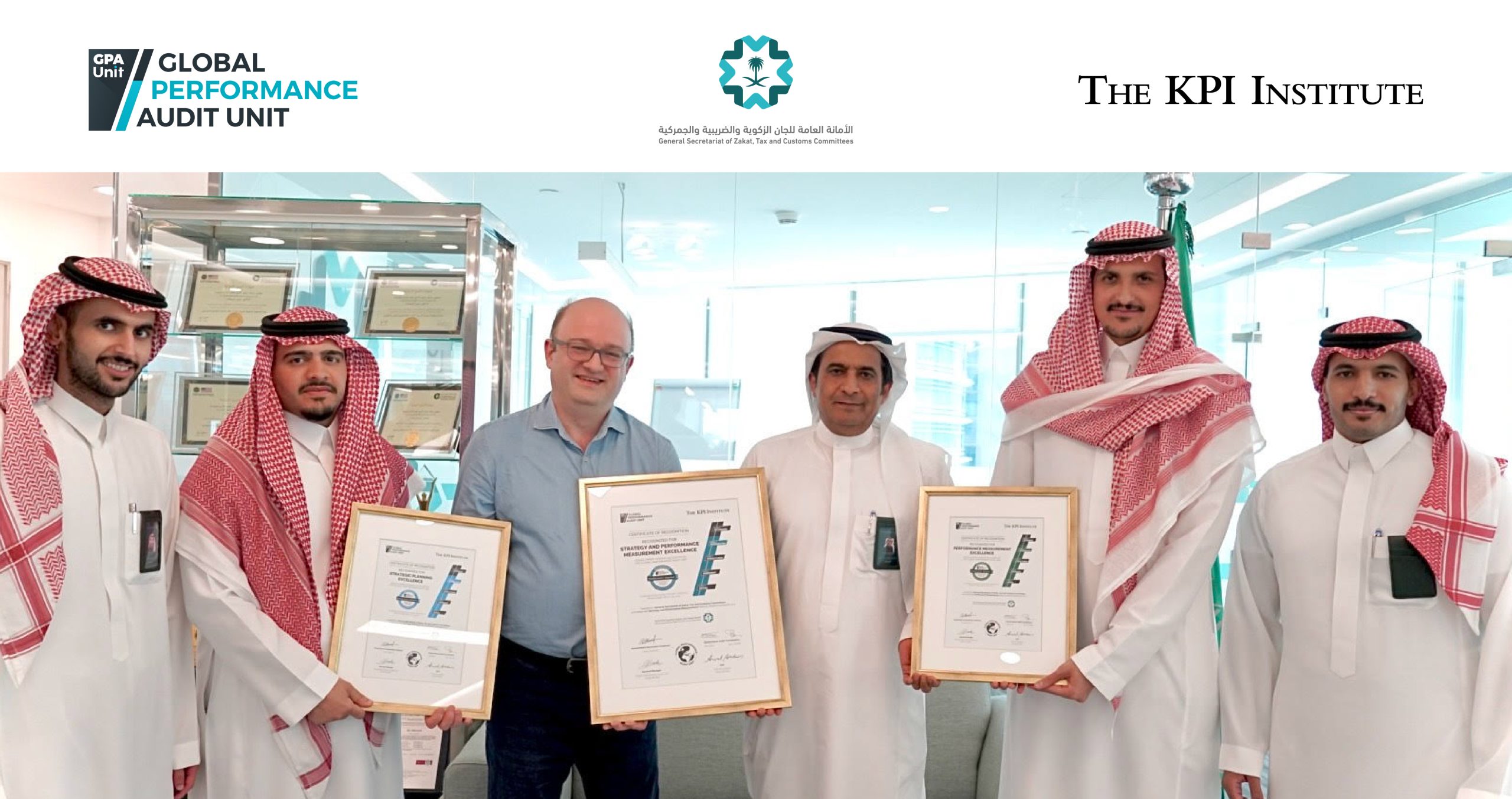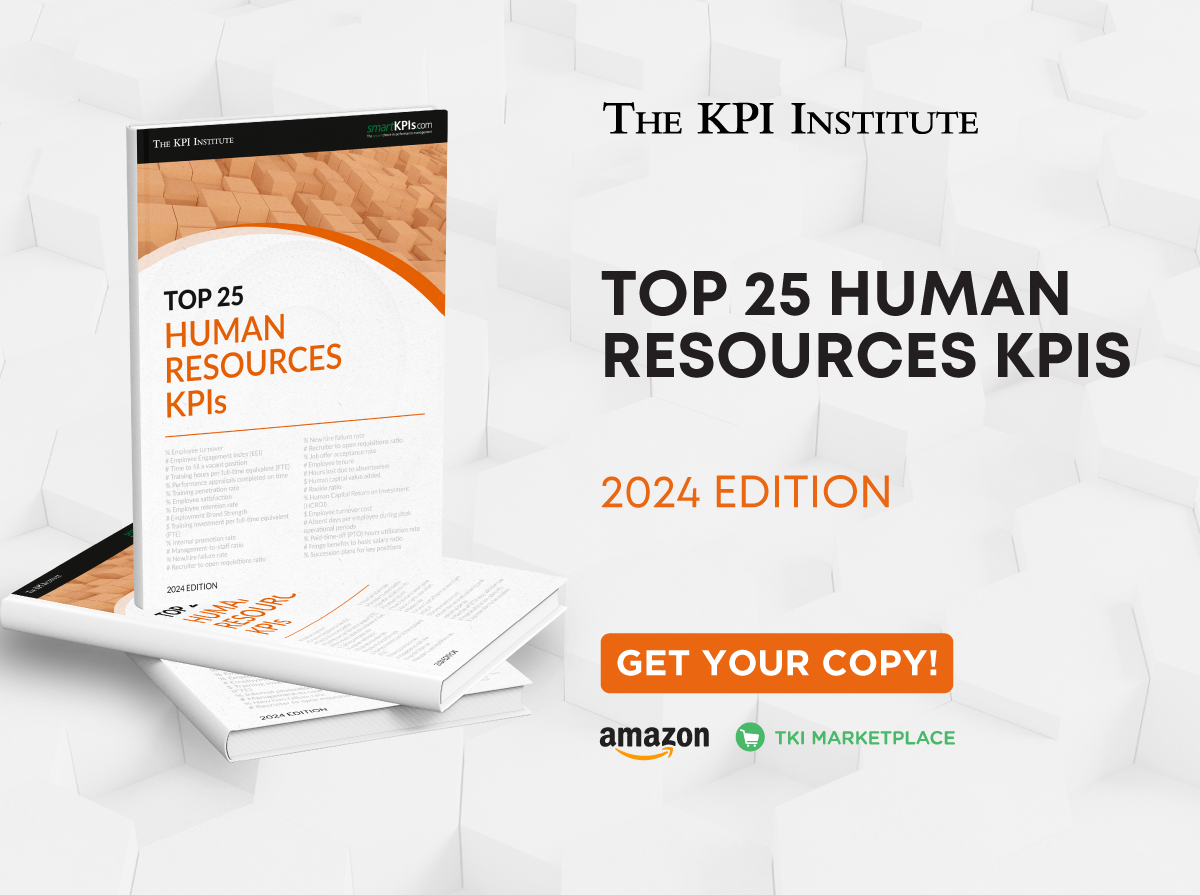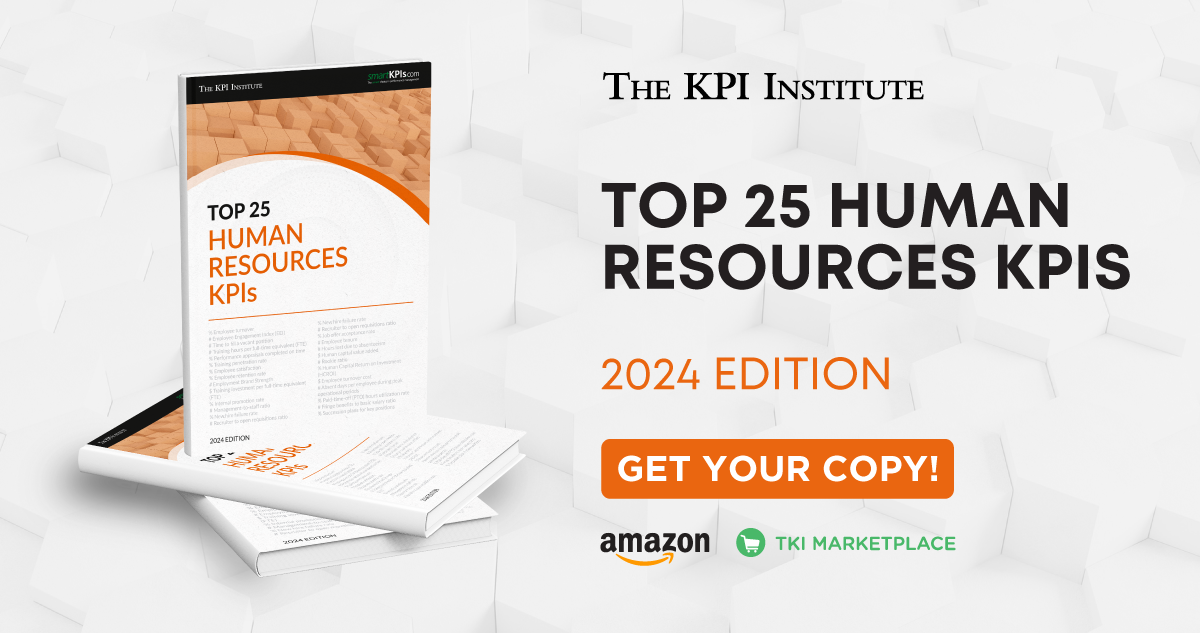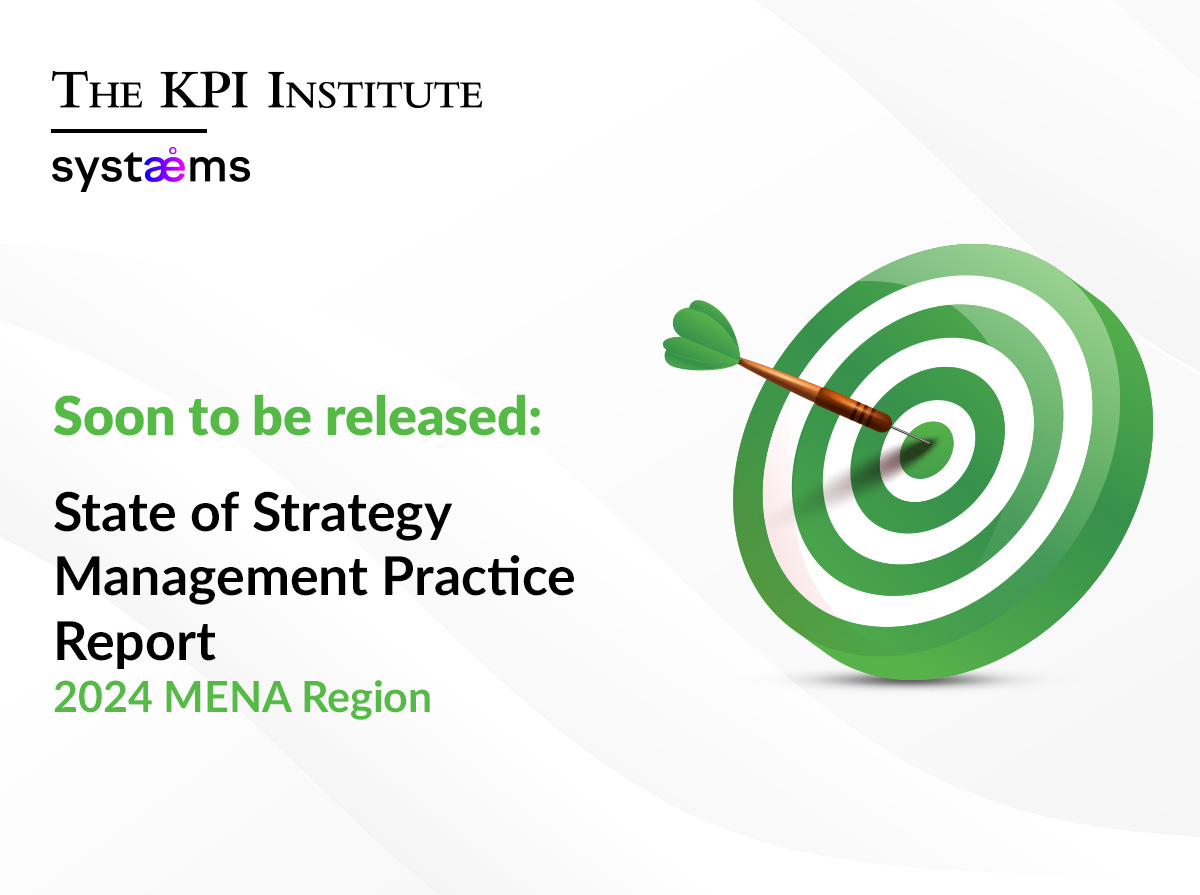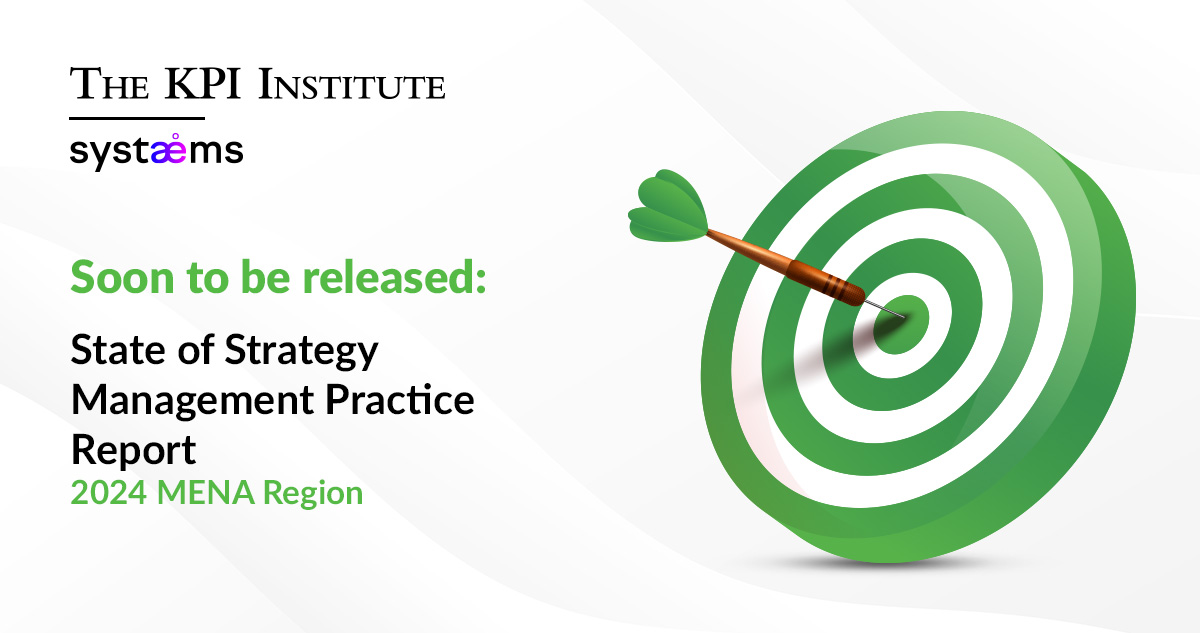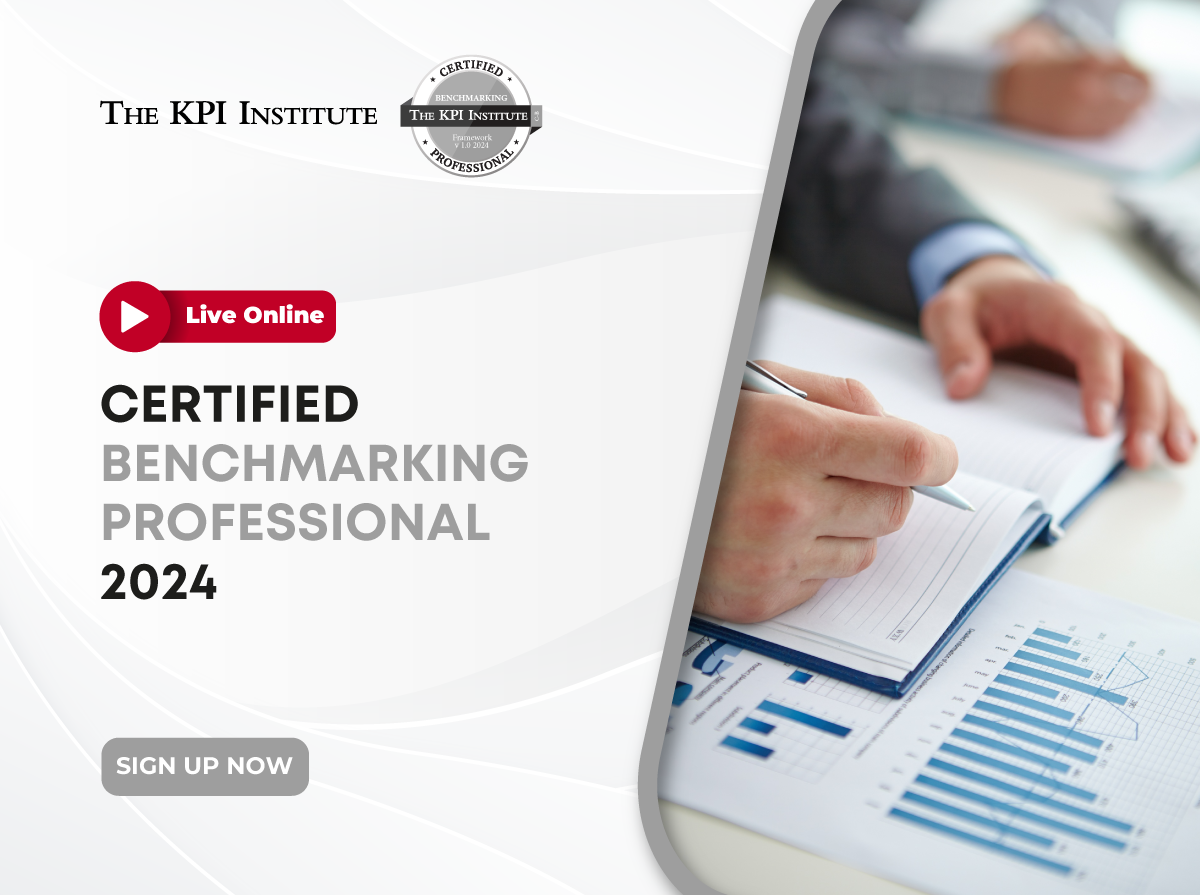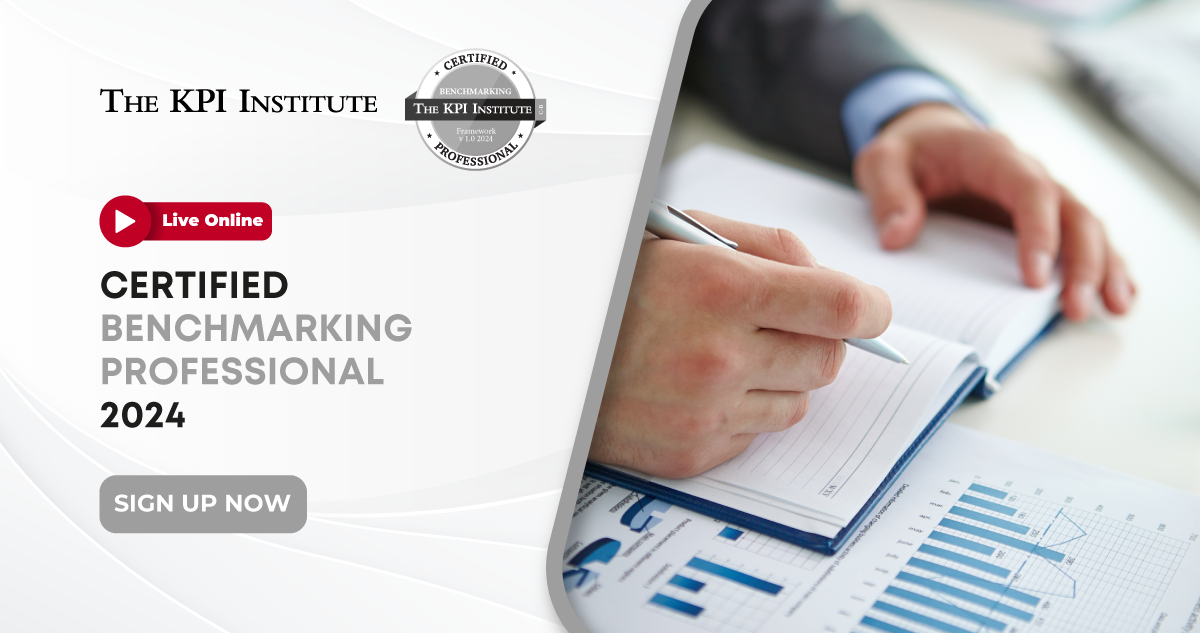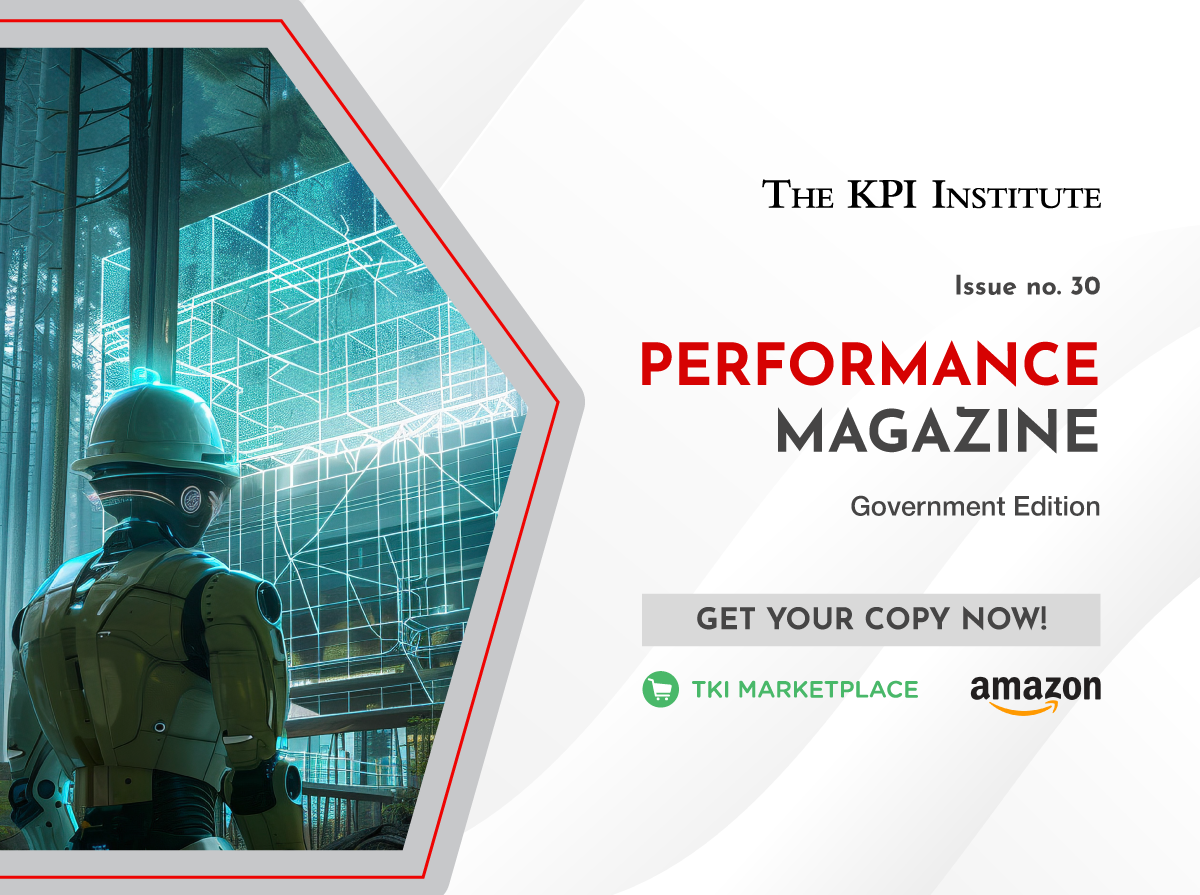
[Excerpt] Lessons from global leaders: how AI is changing public service delivery
September 25th, 2024 Posted by Kimberly Tilar Publications 0 thoughts on “[Excerpt] Lessons from global leaders: how AI is changing public service delivery”
The integration of artificial intelligence (AI) has emerged as a transformative force in the public sector, reshaping interactions between citizens and their governments. Across various touchpoints, from online information access to in-person services, AI enhances the citizen journey by analyzing data to deliver personalized services tailored to individual needs. AI-powered chatbots provide instant responses, while predictive analytics anticipate citizen preferences and streamline processes.
Moreover, AI drives digitalization efforts by automating routine tasks, facilitating data interoperability, and identifying patterns in citizen behavior. This paves the way for future readiness by enabling agile decision-making, proactive issue identification, and the adoption of innovative service delivery models. As a result, AI transforms governance frameworks, fosters data-driven decision-making, and enhances transparency and trust in government processes.
Global frontrunners in today’s dynamic landscape
The pursuit of strategic excellence in performance management continues to be a cornerstone for nations striving to deliver exceptional public services. Certain countries have emerged as frontrunners in this context, setting a high bar for strategic planning and execution. Most recently, Finland, Denmark, and Singapore, each representing diverse regions and cultures, have distinguished themselves as global leaders in government service provision, showcasing remarkable achievements across critical dimensions of public service performance.
AI-related initiatives
According to The KPI Institute’s (TKI) newest release, the 2023 Government Services Index, Finland, the ultimate global leader in public services provision, prioritizes citizen-centric design in online services, leveraging AI algorithms to personalize recommendations and enhance the user experience. Robust data security and privacy measures ensure that citizens’ personal information is handled securely, fostering trust in digital government initiatives. Through initiatives like the Place to Experiment and open government data policies, Finland promotes innovation and citizen engagement, contributing to continuous improvement in digital services and overall citizen experience.
**********
This excerpt is from the cover story of Performance Magazine Issue No. 30, 2024 – Government Edition titled “Lessons from global leaders: how AI is changing public service delivery.” Read the full article by downloading a free digital copy of the magazine via TKI Marketplace. You can also get your hands on the printed version by purchasing a copy on Amazon.

